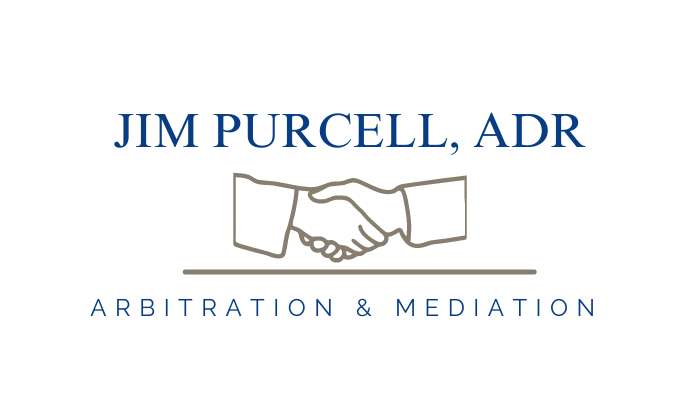 Make no mistake about it. While every dispute has common characteristics, healthcare disputes have unique aspects. These aspects make alternative dispute resolution (ADR) particularly effective in resolving such disputes. In short, done correctly, ADR is faster, less expensive, confidential, conducted by someone expert in the medical field (if the parties agree), and flexible/creative in its approach. Instead of the parties turning their problem over to a perfect stranger (a judge or jury who may not be at all familiar with healthcare’s nuances), they get input in fashioning a resolution in mediation, and in arbitration, have their dispute decided by someone who frankly knows what they’re doing.
Make no mistake about it. While every dispute has common characteristics, healthcare disputes have unique aspects. These aspects make alternative dispute resolution (ADR) particularly effective in resolving such disputes. In short, done correctly, ADR is faster, less expensive, confidential, conducted by someone expert in the medical field (if the parties agree), and flexible/creative in its approach. Instead of the parties turning their problem over to a perfect stranger (a judge or jury who may not be at all familiar with healthcare’s nuances), they get input in fashioning a resolution in mediation, and in arbitration, have their dispute decided by someone who frankly knows what they’re doing.
The most common dispute in healthcare involves money of course. And usually it involves payors (insurers) and providers. But payment disputes can be more diverse than that. Within practice groups, net revenue must be distributed amongst the providers in accordance with a formula that usually has some ambiguities. This often leads to disagreement, and these types of disagreements scream for private and confidential resolution for obvious reasons. There are other types of disputes, such as disagreements between members of physician groups, risk management controversies, patient safety claims against healthcare facilities and physicians, disputes regarding mergers and acquisitions, etc.
Another critical issue involved in healthcare disputes is that there are specific concerns and needs afoot in this environment, like patient privacy, improving efficiency, managing relationships with investors, eliminating disputes effectively in a timely manner, preserving on-going business relationships, an interest in keeping disputes private rather than having them aired in a public forum, and reducing distractions for staff who need to focus on their jobs. All of these reasons help to make the case for use of arbitration and mediation to resolve these disputes in healthcare.
Both arbitration and mediation are more private than public court proceedings. Even the flow of information is more private and controlled in the alternative dispute resolution atmosphere. The parties can control privacy and confidentiality by agreement. In courts, that is not typically the case. The old saying about washing your dirty laundry in public is very applicable here. Rather than getting involved in a very lengthy and public controversy about a healthcare issue, mediation and arbitration allow for parties to meet in private and on their own terms to confidentially resolve the thorniest of issues with the assistance of someone who understands their business.
No matter what form of alternative dispute resolution is involved, it’s likely to resolve issues more quickly than litigation. Since meetings can be scheduled more easily, and since arbitrators and mediators are trained to get to the heart of the issue quickly, less time is wasted. For busy professionals involved in such disputes, this is critical because the excess time in litigation can be emotionally frustrating and costly. And this usually is a dispute with a business partner.
Finally, mediation and arbitration provide as much flexibility as the parties need and can handle.Rather than encouraging parties to be adversaries, a mediator is skilled (we’d hope) at assisting the parties to find a mutually agreeable solution by looking at the dispute with a different vantage point. Part of a good mediator’s skill is to find creative solutions that the parties may not have though of. What may result is a unique and better-suited resolution than what a court would generate. So tell me, why would parties to a healthcare dispute not use mediation or arbitration?

